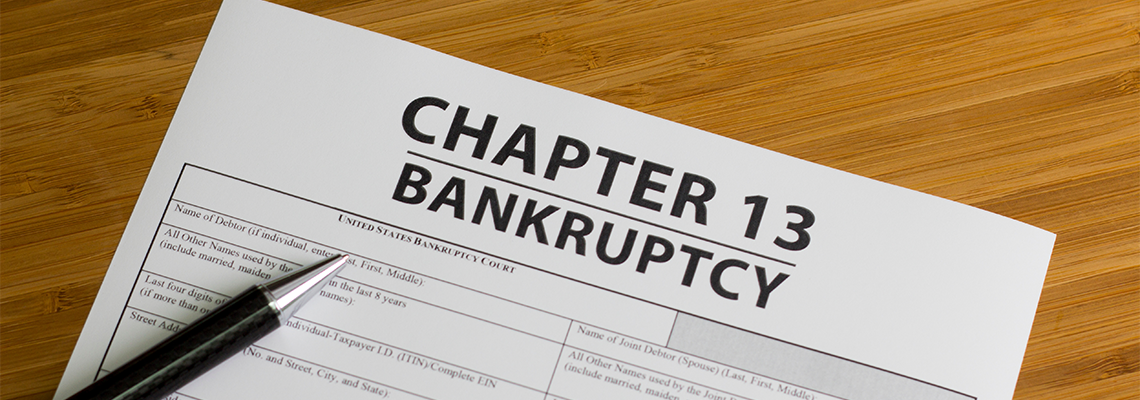
Modifying a Repayment Plan Under Chapter 13
When people file for Chapter 13 bankruptcy, they are given the opportunity to propose a repayment plan to their creditors. This repayment plan will outline how the debtor plans to pay back all or some of their debt over a period of three to five years. Although most repayment plans go relatively smoothly, there may be times when a debtor needs to modify their repayment plan because of life changes.
If you can no longer stay current on your monthly payments, contact a bankruptcy attorney to discuss modifying a repayment plan under Chapter 13. At Pytte Law, I assist clients with both filing for bankruptcy and modifying plans when their circumstances change. With two offices in Georgia – in Savannah and Hinesville – I represent clients throughout the state, including Long, Bryan, Liberty, Chatham, and Effingham counties.
Can You Modify a Repayment Plan Under Chapter 13 Bankruptcy?
A repayment plan under Chapter 13 bankruptcy can be modified if the debtor’s circumstances change after the plan is filed. This may include changes in income, expenses, or assets. Most modifications are requested by the debtor, but it is possible for a trustee or unsecured creditor to make a request as well.
Repayment plan modifications are common because everyone can experience changes in their circumstances. However, debtors in the United States cannot modify a repayment plan to make it longer than five years, according to the U.S. Courts website.
Common Reasons for Modifying a Repayment Plan Under Chapter 13
Reasons for modifying a repayment plan after filing for Chapter 13 bankruptcy vary from one individual to another. However, courts recognize that life circumstances can change, which is why they allow debtors to modify a repayment plan when justifiable reasons exist. Some of the most common reasons for modifying a repayment plan include:
Sudden injury or illness
Job loss
Reduction in income
Increase in expenses
Unexpected emergency
If you are having a hard time making your plan payments but are not sure if your circumstances would justify a modification, consider speaking with an experienced bankruptcy attorney.
Modifying a Repayment Plan Before vs. After Confirmation
Modifying a repayment plan under Chapter 13 bankruptcy can be done both before and after confirmation.
In most cases, modifying a repayment plan is easier before the bankruptcy is confirmed because it has not yet been finalized by the court. Generally, the debtor will have to submit a motion for an amended repayment plan before the confirmation hearing that outlines the requested changes and provides additional supporting documents. The court will then review the motion and decide whether to approve it.
After confirmation of the repayment plan, modifying it is possible but much more difficult. Generally, the debtor will have to provide evidence as to why the modification is needed, which is a much higher burden of proof than before confirmation. If no one objects to the proposed modification, the court will grant the motion.
The Process of Modifying a Repayment Plan Under Chapter 13
Generally, the process of modifying a repayment plan under Chapter 13 bankruptcy begins with you filing a Motion to Modify that outlines the requested changes and provides additional supporting documents.
When your paperwork is submitted and reviewed by the court, you will most likely be required to attend a hearing. The modification hearing may not be necessary when modifying a repayment plan prior to confirmation.
At the hearing, you (or your attorney) will have to convince the court that your circumstances justify the requested modification. If no one objects to the proposed modification, the modified repayment plan will take effect immediately. In some cases, a court will grant a temporary modification.
A skilled bankruptcy attorney can help you file the necessary paperwork to modify your repayment plan. This can be a complex process, so it is crucial to have an experienced attorney guide you through it.
Legal Guidance You Can Trust
If you are considering modifying your repayment plan, it is important to discuss your situation with a qualified attorney. As a bankruptcy attorney at Pytte Law, I can help you understand your options and guide you through the modification process. Reach out to one of my offices in Hinesville or Savannah, Georgia, to discuss your particular situation and get legal guidance you can trust.